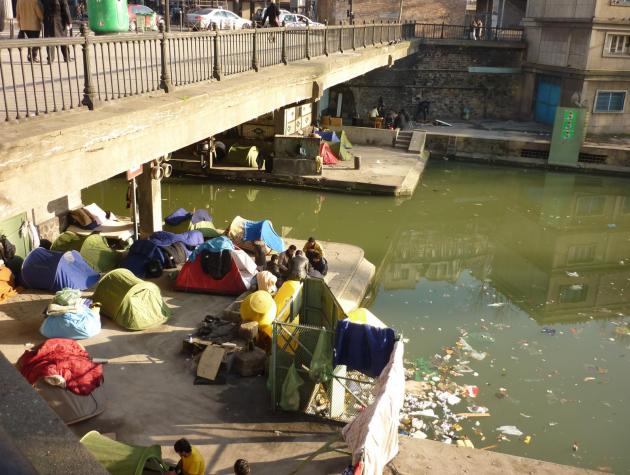GEG WP 2008/43 Global Migration Governance
Full Title: Global Migration Governance
Author: Alexander Betts
Type: GEG Working Paper 2008/43
Abstract
International migration represents one of the most obvious contemporary manifestations of globalization. With growth in trans-boundary interconnections, there has been a rapid increase in human mobility across international borders. Between 1970 and 2005, the number of international migrants increased from 82 million to 200 million, comprising 3% of the world’s population (GCIM 2005). In most policy fields which involve trans-boundary movements across borders, such as climate change, international trade, finance, and communicable disease, states have developed institutionalised cooperation, primarily through the United Nations (UN) system. In relation to these other trans-boundary issues, states have developed a range of international agreements, often overseen by international organizations. These have been created based on the recognition that collective action and cooperation are often more efficient in meeting states’ interests than unilateralism and inter-state competition.
Author Bio
Dr Alexander Betts is the Hedley Bull Research Fellow in International Relations at the University of Oxford, where he is also Director of the MacArthur Foundation-funded Global Migration Governance project, and a Fellow of Wadham College. He completed a D.Phil in International Relations at the University of Oxford. In addition, he holds a First Class honours degree in Economics from the University of Durham, and an MSc in International Relations and M.Phil in Development Studies (both with Distinction). He has won a number of academic awards including the Eugene Havas Memorial Prize, the European Association of Development and Training Institutes (EADI) prize for postgraduate research in development studies and the Babsybanoo Marchioness of Winchester Prize. He has previously worked in the Executive Office at UNHCR Headquarters in Geneva and as a consultant on refugee and migration issues for UNHCR, IOM and the Council of Europe. He is Senior Researcher at the Global Economic Governance Programme (GEG) and a Research Associate of the Refugee Studies Centre (RSC), the Centre for Migration, Policy and Society (COMPAS), and the Centre for International Studies (CIS).




